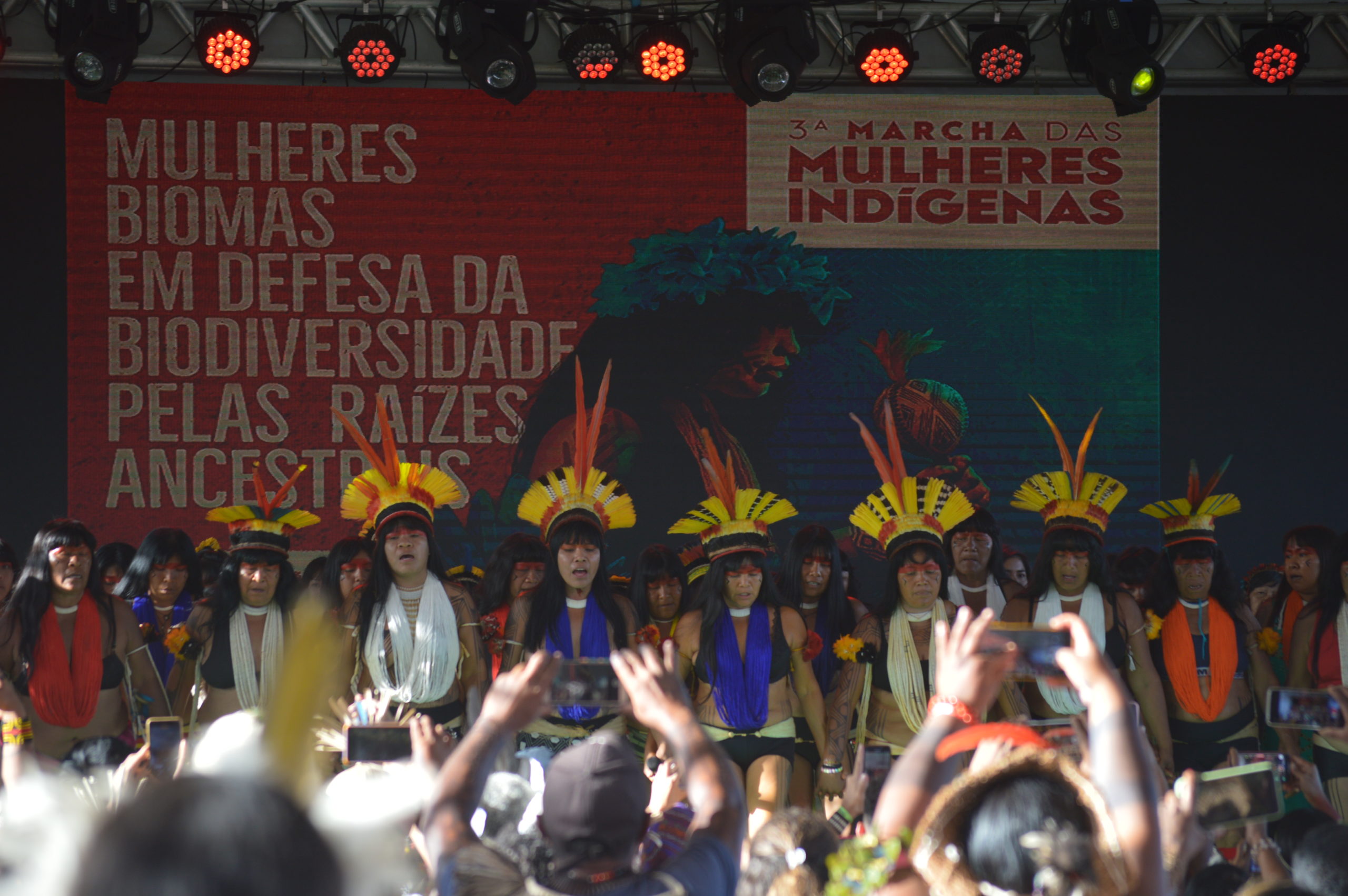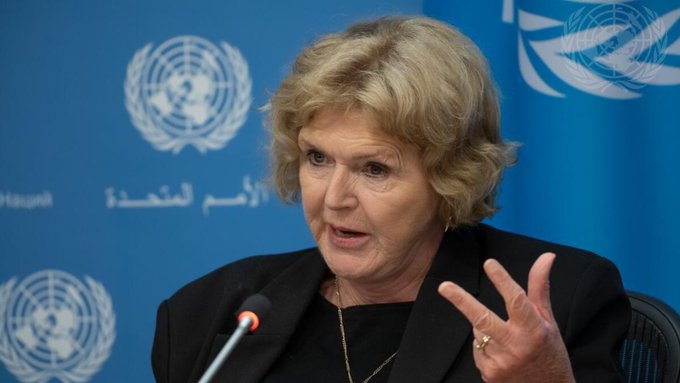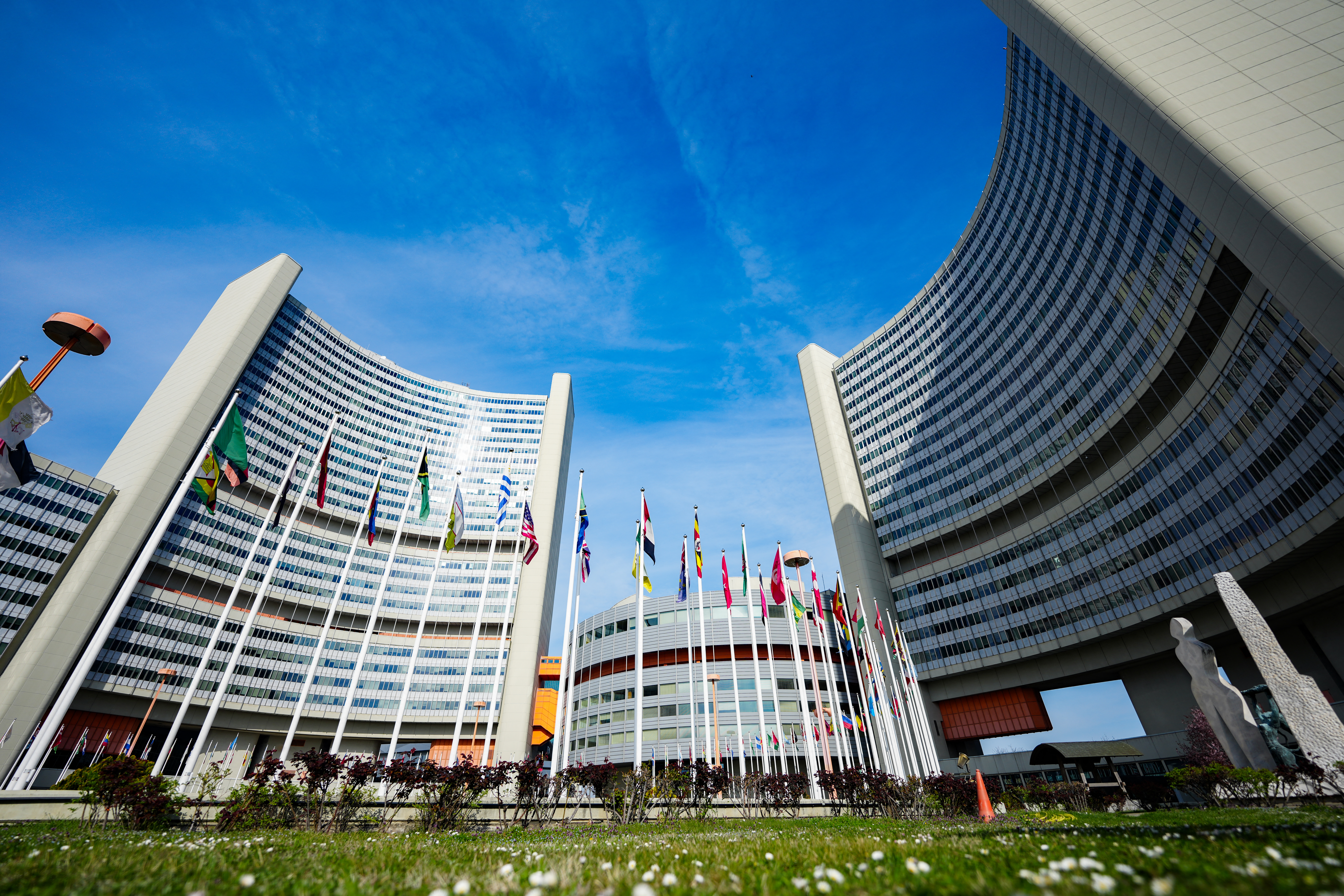Outcomes of the Latin American regional consultation with the UN Special Rapporteur on Torture
Conectas, CELS and Corporación Humanas co-organized the event
06/20/2011
See below the joint release of Conectas Human Rights (Brazil), Corporación Humanas (Chile) and Centro de Estudios Sociales y Legales – CELS (Argentina) with the outcomes of the consultation:
A search for strengthening the mechanisms of prevention and protection against torture in the region:
WITH PROPOSALS TO MOVE FORWARD IN THE ERADICATION OF TORTURE, THE LATIN-AMERICAN AND THE CARIBBEAN REGIONAL CONSULTATION WITH THE UN SPECIAL RAPPORTEUR CAME TO AN END
The meeting was organized by the United Nations Office of the High Commissioner for Human Rights (OHCHR), with the support of Corporación Humanas (Chile), Conectas Human Rights(Brazil), the Center for Legal and Social Studies (CELS – Argentina) and the Association for the Prevention of Torture (APT). Eleven countries participated of the meeting.
After three days of contributions from governments and NGO representatives from 11 Latin American and Caribbean countries about the situation in their States regarding torture, their concerns, work experiences and proposals, the first Regional Consultation with the UN Special Rapporteur on Torture and Other Cruel, Inhuman or Degrading Treatment or Punishment, Juan Méndez, came to an end. The countries represented in the meeting were Argentina, Bolivia, Brazil, Chile, Colombia, Jamaica, Mexico, Paraguay, Peru, Uruguay and Venezuela.
Forty human rights experts involved in the policy-making process in their countries and representatives from civil society organizations attended the meeting. They agreed on the need of strengthening mechanisms for the prevention and combat of torture in the region. Moreover, the Consultation was an opportunity for NGOs to elaborate a shared diagnosis of the regional situation.
“Torture and cruel, inhuman or degrading treatment represent an important concern in Latin America and the Caribbean and there is still much to be done to guarantee that the international obligations, policies and national legislation, as well as other kinds of State reform, are effectively applied to obtain the desired result: its eradication”, declared the Special Rapporteur, Juan Méndez. He also stated that “we have experienced torture and we know about the costs that our societies have been paying”.
During the meeting, Méndez recalled the importance of taking the prohibition of committing torture seriously by each country. Thus, he assured that “torture doesn’t disappear because we have democratic governments” and emphasized that States are responsible of making active efforts on this matter that should be reflected by consequent and sustainable work. He also stated that they should not only adopt measures to eradicate torture, but also promote educational processes that generate social consensus in order to achieve efficient and sustainable public policies throughout the time.
During the Regional Consultation sessions, civil society organizations expressed their concerns for the persistence of torture practices and lack of judicial investigation, which results in impunity for these serious human rights violations. The civil society representatives also remarked in their speeches that torture and cruel, inhuman or degrading treatment are not an issue of the authoritarian past or the armed conflicts in the region, and they actually take place under democratic States. Common practices that constitute acts of torture or cruel, inhuman or degrading treatment were also identified, as well as practices that support them or allow them to take place. Among others, the continuity of the following traditional violent practices suffered by the persons deprived of their liberty were mentioned: humiliating searches against detainees or their relatives during visits, solitary confinement, terrible detention conditions and overcrowding, arbitrary treatment in detention places, and the forced or non-controlled administration of psychotropic drugs.
Other issues tackled were the criminalization of social protest, violence by the police forces and the training of officials working in detention places.
The organizations considered that the judicial system has a central role in the prevention of torture, protection of the rights of people deprived of their liberty and the promotion of criminal investigations of the denounced cases. Thus, they also made a positive evaluation of the measures that seek to avoid the high levels of imprisonment and to implement alternative penalties to detention.
There was consensus regarding the need of including a gender perspective in the analysis of the phenomenon of torture and its impact on victims, and to consider the specificities of groups such as adolescents deprived or their liberty, persons with disabilities and people with different sexual orientation. The situation of people confined in psychiatric hospitals has received specific attention and it was remarked that it needs to be monitored under the light of the international instruments of the prevention of torture.
The NGOs also considered the need to develop promotion activities to achieve greater conscience and rejection against torture and cruel, inhuman or degrading treatment. Thus, the promotion of policies towards making the penitentiary, criminal and criminal procedure rules compatible with the international standards were recognized as important initiatives, such as the adequate classification of torture as a crime and the application of the rule that excludes proof obtained through torture; designing systems for disciplinary control; and training of police and penitentiary officers, among others. It was also noted that such activities should involve the participation of civil society.
At the same time, the Regional Consultation allowed the review of the recommendations formulated by the Rapporteur during the visits to the countries of the region and to consider the processes of development and implementation of these recommendations, as well as the reports and observations by other mechanisms of the UN and the Inter-American human rights systems. Finally, there were also concerns regarding the difficulties to put into practice the Optional Protocol to the Convention against Torture (OPCAT) in the region and the development of national, local and thematic prevention mechanisms in each country.
Carolina Carrera, President of Corporacion Humanas Chile, explained in the opening session that the Regional Consultation appeared as a joint proposal from CELS, Conectas and Corporacion Humanas, which coincided with the work plan of the Special Rapporteur on Torture, Juan Méndez.
Carrera highlighted the presence of women human rights organizations in the Regional Consultation, particularly the institutions that compose the Regional Feminist Articulation for Human Rights and Gender Justice. She also pointed out the importance to woman NGOs to build dialogue and partnerships within the human rights movement and of “including a gender perspective to human rights, many times absent or invisible”.
Paula Litvachky, director of CELS’ Democratic Justice program, remarked that it is necessary to give visibility to the problem of torture in detention places as one of the most important issues of the human rights agenda in the region. “The Consultation allowed us to identify common patterns of concern to focus our work and essential efforts to eradicate torture and cruelty and contribute to the strengthening of Latin-American democratic States”, she stated.
According to Camila Asano, coordinator of Conectas’s Foreign Policy and Human Rights Project, “one of the contributions of the Consultation was to give voice to more organizations in the region and amplify the channels of collaboration with the Rapporteur”. At the same time, she considered that the interaction among civil society, States and the mandate has been important to follow up on the recommendations of the Rapporteur.
For these reasons, CELS, Conectas and Corporación Humanas welcome the initiative of the UN Special Rapporteur on Torture and other Cruel, Inhuman or Degrading Treatment or Punishment, Juan Méndez, to carry out the Regional Consultation for Latin America and the Caribbean, and urge the other Special Procedures mandate holders and the UN Committees to consider replicating the experience.
See here the statement in Spanish and Portuguese.
Read more:
UN: “A much needed push to eradicate torture in Latin America and the Caribbean”


